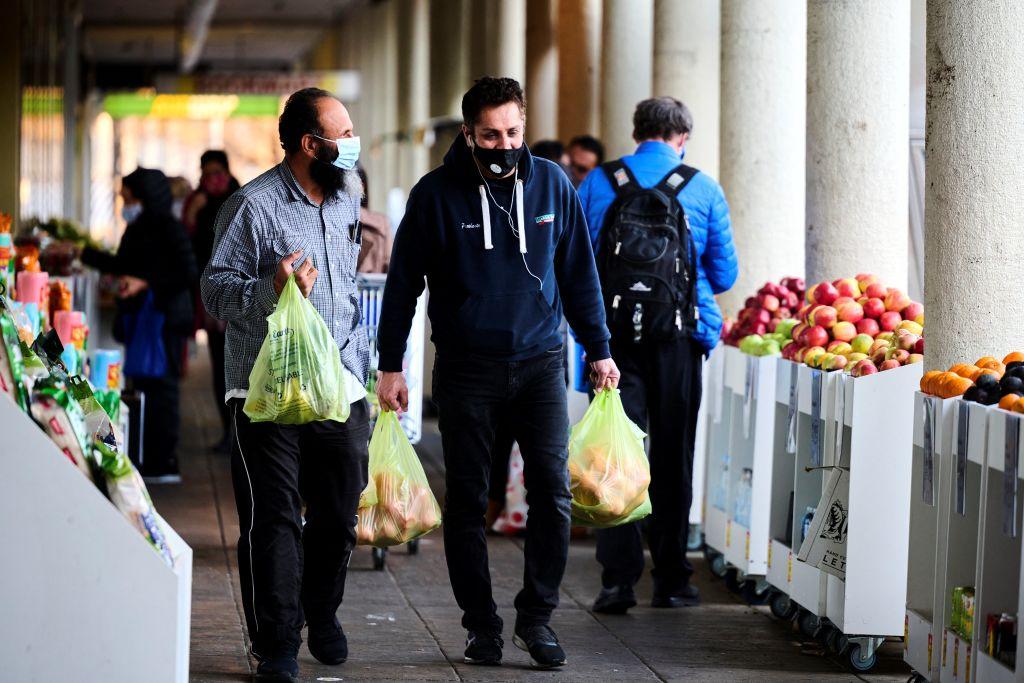Experts are saying that the food supply chain issues were caused by a “perfect storm” of labour issues after COVID-19 restrictions prevented many people from entering the country while at the same time causing an exodus of migrants.
Andrew Timming, a professor of human resource management at RMIT University, told The Epoch Times that Australian supply chains were heavily dependent on migrants who take low wage jobs that are essential for its smooth operation.





